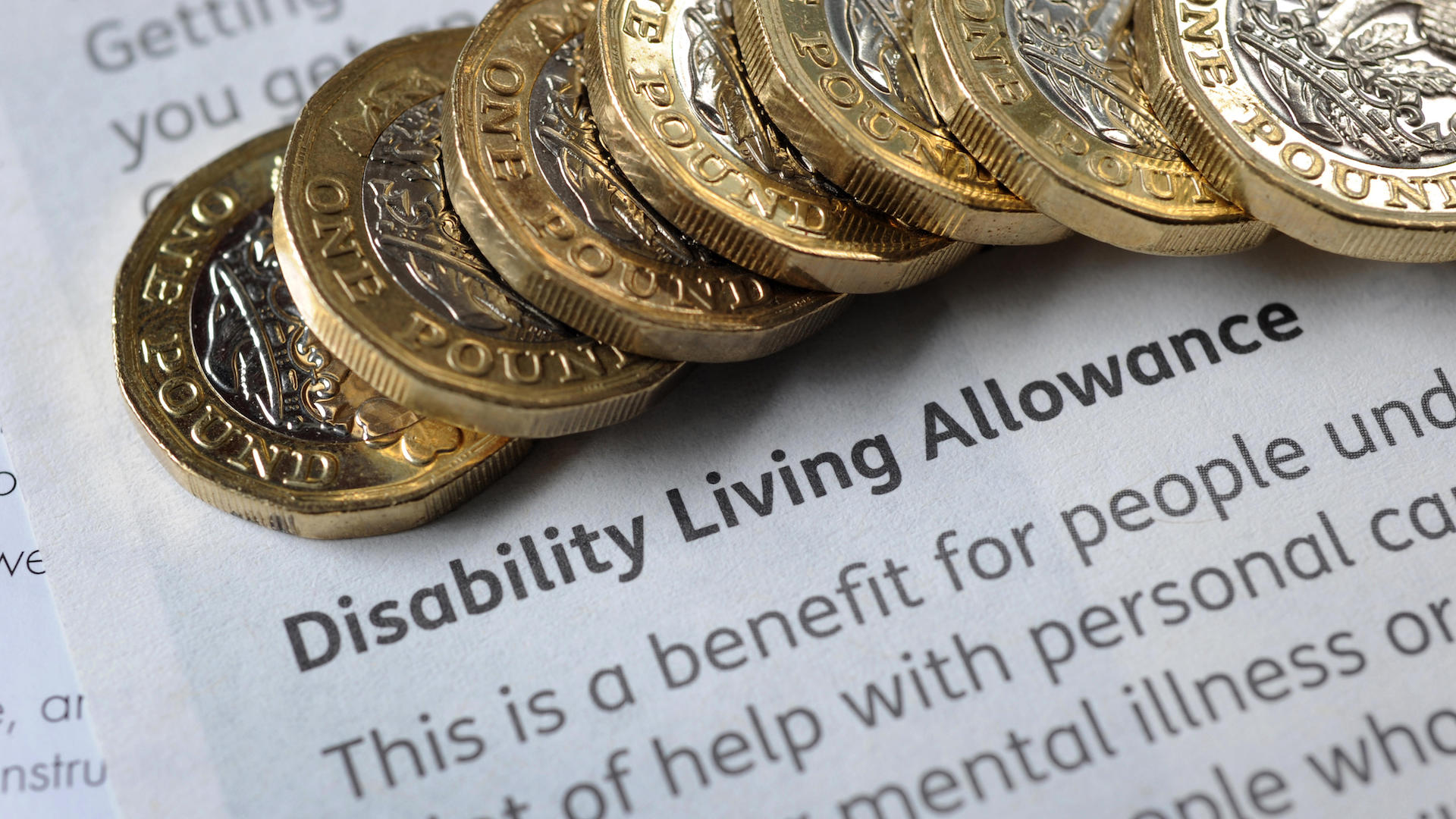How would you feel if you had to give £1,000 right now? If I said you’d get nothing in return, and your life would be exactly the same, how would you feel? Now imagine I came back next month, and the month after, year on year on year, how would you feel?
Well, that’s the reality for millions of disabled people across the UK. According to the charity Scope, disabled households need an additional £1,010 a month to have the same standard of living as non-disabled households. The extra cost of disability is equivalent to 67% of household income after housing costs.
With this backdrop, the prime minister gave his much-anticipated speech at the Labour Party conference. “Every community” needs “the breathing space, the calm, the control to focus on the little things they love in life, not the anxiety and insecurity we have now,” the PM said. Yet curiously, despite goals that we’d all agree upon, his government has decided to pile the misery onto disabled people.
- Disability benefits system is damaging claimants’ health, DWP’s own analysis finds: ‘It’s degrading’
- Paris Paralympics is a stark reminder of the barriers most disabled people face in sport
In a speech where he spoke about how “we do need joy”, Keir Starmer announced a new Fraud, Error and Debt Bill, which appears suspiciously similar to the back-challenged proposals made by the last government to allow the Department for Work and Pensions (DWP) to monitor people’s financial activity without their knowledge. Where is the joy in subjecting disabled people, who are losing thousands a month in extra costs, to more sanctions?
The proposals will likely cause people to “feel hopeless in a system that appears to be cutting everything even when those in need are struggling to survive.” Stephen Bunbury, associate professor in law at the University of Westminster, told me.
It goes without saying that this is not the “joy” that the prime minister promised in his speech. In fact, many experts were surprised that a government promising change would bring back Conservative legislation – which proposed giving the DWP powers to trawl those receiving support’s bank accounts and force banks and other third parties to sift through the accounts of the entire population to target welfare recipients for monitoring – despite the proposals being roundly defeated in the last parliament. As Asha Nauth from the Deaf Ethnic Women’s Association described: “Access to information from the Labour party is not good for deaf people… they have brought out the surveillance bill has not been communicated to the deaf community in their language.”









